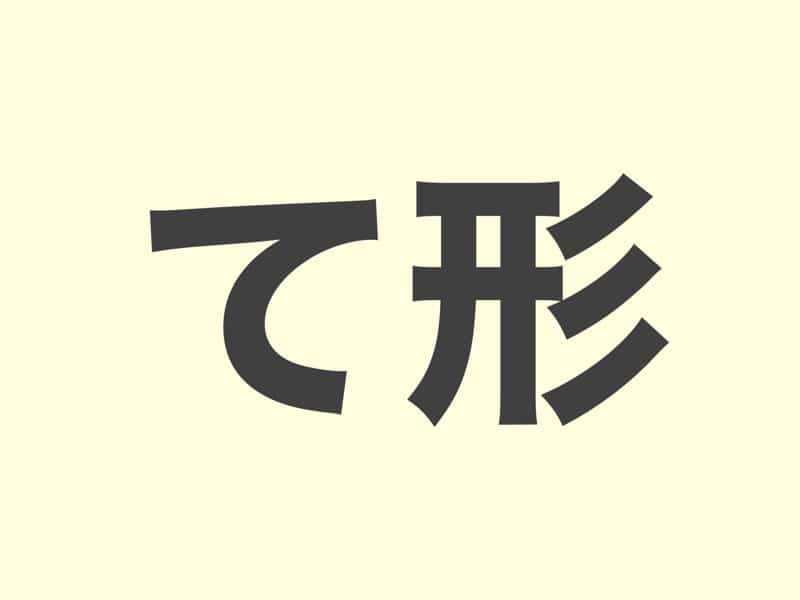When learning Japanese, one of the key verb forms you’ll encounter is the te-form (て形). Whether you’re constructing complex sentences, giving commands, or connecting ideas, mastering this form is essential. In this guide, we’ll break down how to conjugate verbs into the te-form across the three main verb groups, giving you the tools you need to use it confidently in your conversations. Let’s dive into the world of te-forms and explore how they unlock the richness of the Japanese language!
JLPT Textbook Recommendations
Group 1 (U-Verbs)
Rule: Group 1 verbs, also known as u-verbs, require specific rules for conjugating into the te-form. Here’s a breakdown of how the verb endings change based on the last syllable of the stem:
Verbs ending in “i” sounds (き・ぎ)
- “き” becomes “いて” (ite)
Example: はたらきます (hatarakimasu) → はたらいて (hataraite) - “ぎ” becomes “いで” (ide)
Example: およぎます (oyogimasu) → およいで (oyoide)
Verbs ending in “i,” “chi,” and “ri” sounds (い・ち・り)
- “い,” “ち,” and “り” become “って” (tte)
Example:
かいます (kaimasu) → かって (katte)
まちます (machimasu) → まって (matte)
とります (torimasu) → とって (totte)
Special Case: 行きます (ikimasu)
- “いきます” becomes “いって” (itte)
Verbs ending in “shi” sound (し)
- “し” becomes “して” (shite)
Example: はなします (hanashimasu) → はなして (hanashite)
Verbs ending in “bi” and “mi” sounds (び・み)
- “び” and “み” become “んで” (nde)
Example:
あそびます (asobimasu) → あそんで (asonde)
のみます (nomimasu) → のんで (nonde)
Group 2 (Ru-Verbs)
Rule: Simply remove ます (masu) and add て (te).
| Verb(masu form) | Te form |
| たべます (tabemasu) | たべて (tabete) |
| ねます (nemasu) | ねて (nete) |
Group 3 (Irregular Verbs)
Rule: These verbs are irregular and must be memorized.
| Verb(masu form) | Te form |
| します (shimasu) | して (shite) |
| きます (kimasu) | きて (kite) |




コメント